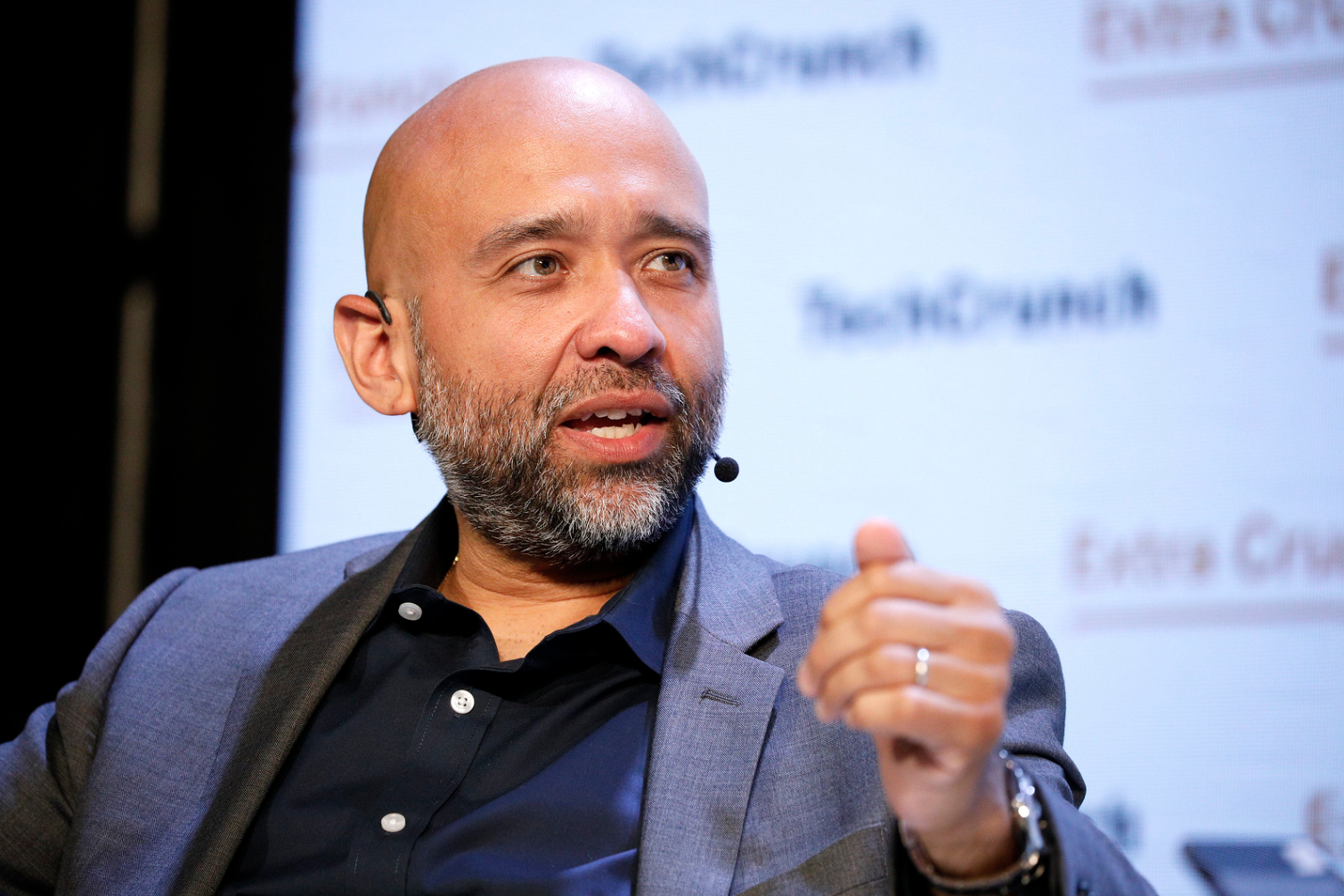INSUBCONTINENT EXCLUSIVE:
Why do serial entrepreneurs keep jumping back in? What things might you learn the third, fourth, or fifth time around?
To find out, Extra
Crunch Managing Editor Eric Eldon spoke to Drift CEO and founder David Cancel at TechCrunch Disrupt San Francisco
Cancel has spent more than 20 years founding SaaS companies, with exits including Compete (acquired by TNS), Lookery (Acknowledge), Ghostery
(Evidon), and Performable (Hubspot.)
In their thirty-minute conversation, they cover everything from finding your first customers, to what
he seen change over the last two decades in the industry, to why he willing to cut a check to employees who want to leave
Rather watch them talk for yourself? We&ve embedded a video of their chat at the end of this article.
To find what people really want, ask
for money — any money.
One thing Cancel says he learned over the years: when you&re just getting started, you need to charge for your
product right off the bat because you never know how someone really feels about a product until you ask for money.
If you&re creating a
paid-for product, you have to start charging from day one,& he says.
He outlines an experiment he calls the ‘dollar test,& where if
someone seems interested in a product before it even available, he&ll promise them lifetime access if they&ll hand over whatever in their
pocket — be it a dollar, ten, twenty, whatever.
What it teaches the entrepreneur is that most of the people who will tell you that they
love this thing will not give you a dollar,& actionable information that can save time, money and stress
The dollar test &shortcuts things; most people will end up spending so much time coming back to you because you keep telling [them] you love
it, because you&re a nice person and you don''t want to hurt [their] feelings.
Cancel also uses this approach after a product launches,
using it to gauge which new feature requests customers find most important.
They&d say ‘I love your product, but it doesn''t do X, Y, or Z
My company is special, we need X, Y, or Z feature.'
Let say they were paying us $5,000 a month
I&d say, ‘it only going to be $20 more a month, then we&re going to build it for you and you&ll be the first ones to have it.'
What would
happen, almost every single time, is there would be this awkward pause
They&d say ‘I have to go talk to my manager, I need to go talk to someone, I&ll get right back to you,'& he said, adding &Almost every
single time that person continued to be a customer and never asked for that feature again.
When it free to ask for anything,& says David,
&people will just keep asking.
Letting people go isn''t always a bad thing
If someone asks David for a recommendation on an engineer, he
willing to recommend his own employees.
His reasoning is twofold; on one side, it means he knows his teams are made up of people who want to
be there; on the other, it means employees know he looking out for them.
I want people on the team who want to be on the team
If people ask me, ‘hey, do you know a really great engineer who does X, Y, Z?'& I say ‘Eric does, and Eric on my team.& I&m like, you
And if Eric wants to go, he should go, because we only want people who actually [want] to be there
Then that person knows that I&m looking out for the best interests of them, for them — and even if they go, we may end up working together
again later.
Similarly, if an employee says they want to leave and start their own company, David says he often the first to write a
check:
We would attract, in the early days, people who wanted to learn how to start their own company
One of the things I would say, and I still say to everyone: Look, if you come on board, and work with us for some days, if you want to leave
at any point and start a company, myself and my co-founder Elias will be the first checks in whatever you want to start, no questions
asked.
And so we have done that for companies in Boston, companies in San Francisco, companies all over the place
And we continue to do that.
For finding customers and employees, he turns to LinkedIn
Thanks to recruiter spam and &work anniversary&
notifications, LinkedIn tends to be the butt of a lot of jokes — but Cancel says, used right, it still quite valuable.
We built a lot of
marketing within LinkedIn, which I think is a place that I would advise people to go spend time on now
You can find your buyers, you can find the people that you recruit.

